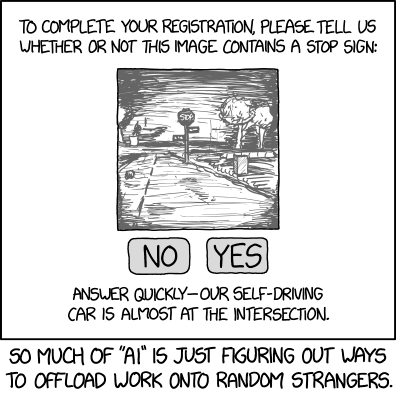Sunday, 11 March 2018 - 6:15pm
This week, I have been mostly reading:
- A Bitcoin bet — Cameron Murray in MacroBusiness:
It is not clear what the advantage of a blockchain tracking all transactions is. My view is that this comes from a fundamental misunderstanding of money. Money is a not an object, or token. It is not a gold coin. It is a common accounting system. This is why we price in the national currency. There is nothing stopping any company setting their prices in all manner of things — gold, iron, US dollars, or other units. But we don’t. Because we want to integrate into the common system of accounting that our suppliers and customers use, and one where it makes financial sense to can keep relatively stable and predictable pricing, in addition to easy payment. Every online store that I have found that accepts Bitcoins does not price in Bitcoins. It prices in the national currency, and allows you to pay using Bitcoin. An Australian service that allows you to ‘get paid in Bitcoin’ prefers to be paid themselves in Aussie Dollars for that service.
- Google Thought I Was a Man: How Facebook and Google build a picture of who you really are — Sara Wachter-Boettcher in Nautilus:
A proxy is a stand-in for real knowledge—similar to the personas that designers use as a stand-in for their real audience. But in this case, we’re talking about proxy data: When you don’t have a piece of information about a user that you want, you use data you do have to infer that information. Here, Google wanted to track my age and gender, because advertisers place a high value on this information. But since Google didn’t have demographic data at the time, it tried to infer those facts from something it had lots of: my behavioral data. The problem with this kind of proxy, though, is that it relies on assumptions—and those assumptions get embedded more deeply over time. So if your model assumes, from what it has seen and heard in the past, that most people interested in technology are men, it will learn to code users who visit tech websites as more likely to be male. Once that assumption is baked in, it skews the results: The more often women are incorrectly labeled as men, the more it looks like men dominate tech websites—and the more strongly the system starts to correlate tech website usage with men. In short, proxy data can actually make a system less accurate over time, not more, without you even realizing it. Yet much of the data stored about us is proxy data, from ZIP codes being used to predict creditworthiness, to SAT scores being used to predict teens’ driving habits.
- Walking While Black — Garnette Cadogan, Literary Hub:
On my first day in the city, I went walking for a few hours to get a feel for the place and to buy supplies to transform my dormitory room from a prison bunker into a welcoming space. When some university staff members found out what I’d been up to, they warned me to restrict my walking to the places recommended as safe to tourists and the parents of freshmen. They trotted out statistics about New Orleans’s crime rate. But Kingston’s crime rate dwarfed those numbers, and I decided to ignore these well-meant cautions. A city was waiting to be discovered, and I wouldn’t let inconvenient facts get in the way. These American criminals are nothing on Kingston’s, I thought. They’re no real threat to me. What no one had told me was that I was the one who would be considered a threat.
- The New York Subway Conductor’s Guide to Vocal Warm Ups — Bob Vulfov, Paste Magazine:
Aside from their train’s emergency brake, a New York subway conductor’s most vital tool is their impossible-to-decipher voice. Although some subway conductors have a naturally confusing timbre to their voice, it always helps to prepare your vocal tools prior to a work shift. A few simple warm up techniques can help any conductor make even the most basic of subway announcements sound like they’re being said by an adult in Peanuts. This guide will help you conceal the words coming out of your mouth under an opaque cloud of gibberish words, trombone-like grunts, and whole sentences that sound like extended yawns.
- Self Driving — Randall Munroe, xkcd:
